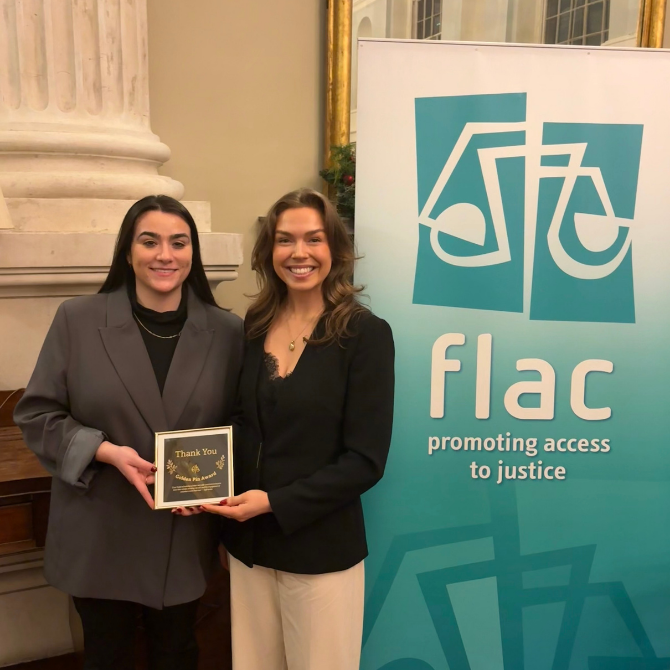

Simplify to Succeed
The evolving regulatory and policy landscapes are shaping competitiveness and creating opportunities across a variety of sectors. Efforts to simplify regulation are influencing sustainability, technology, dispute strategy, competition and financial services.









